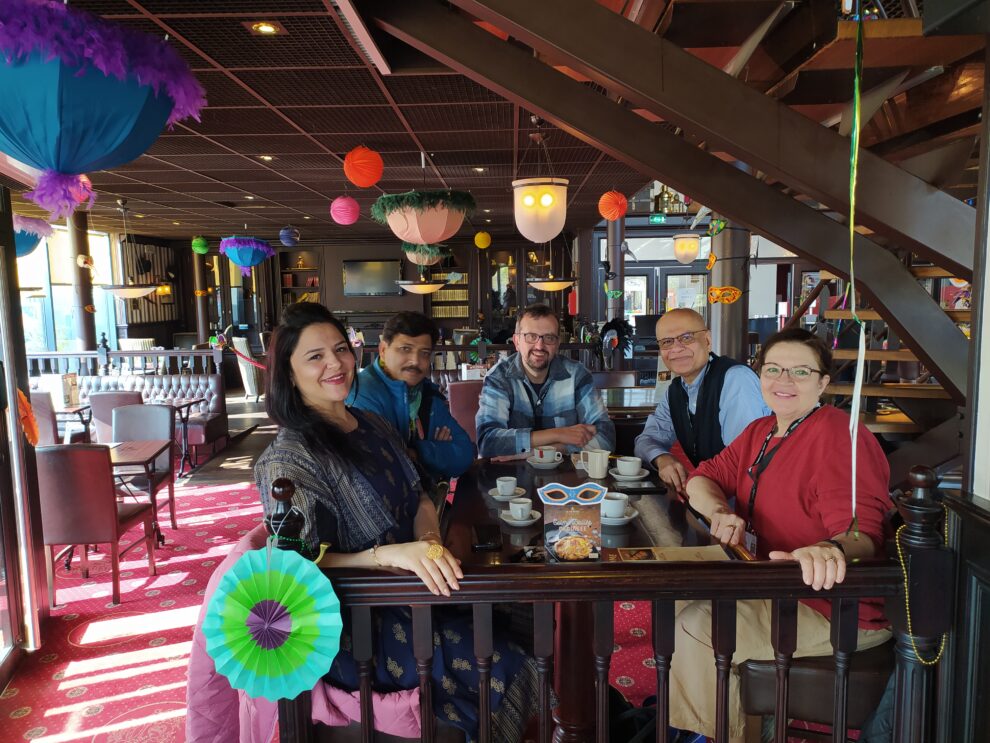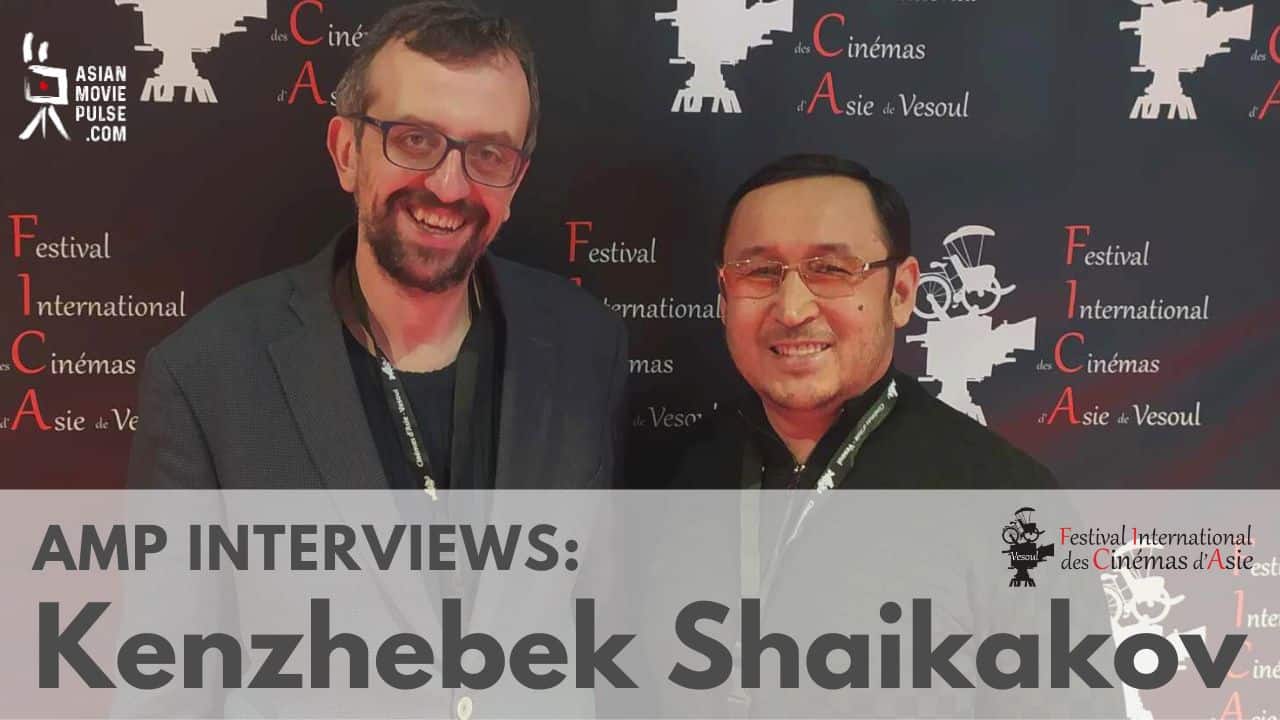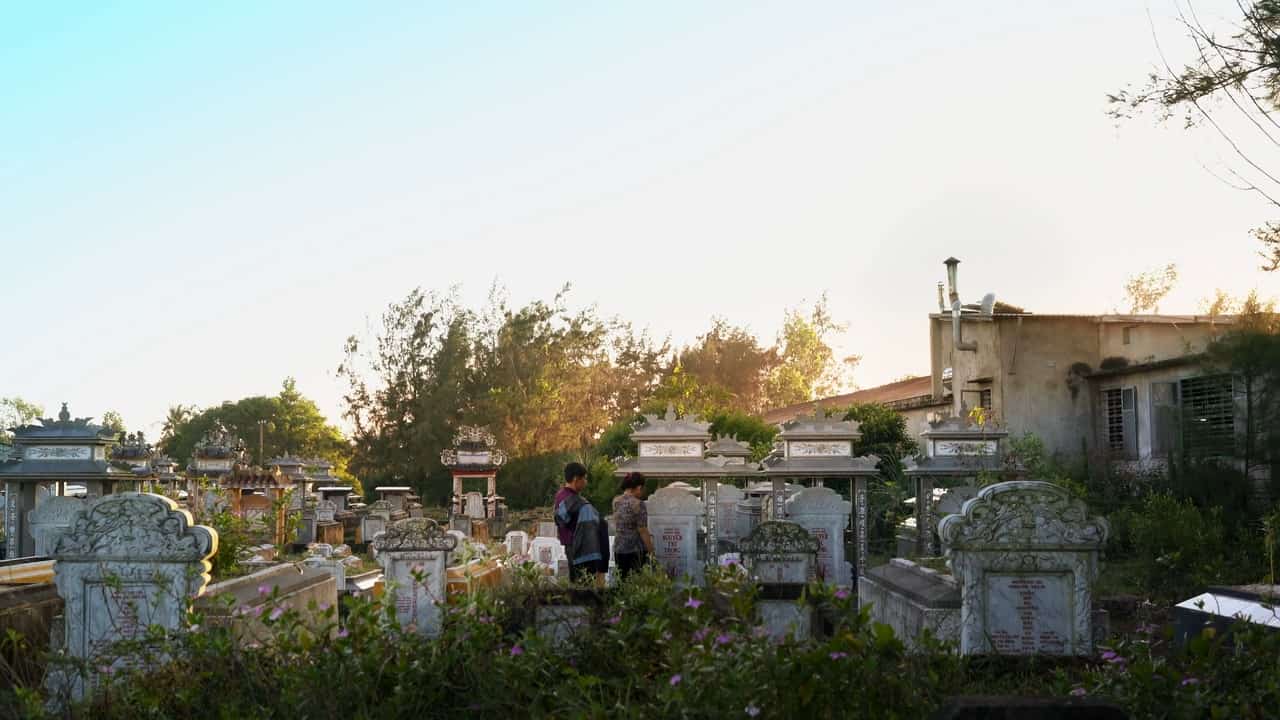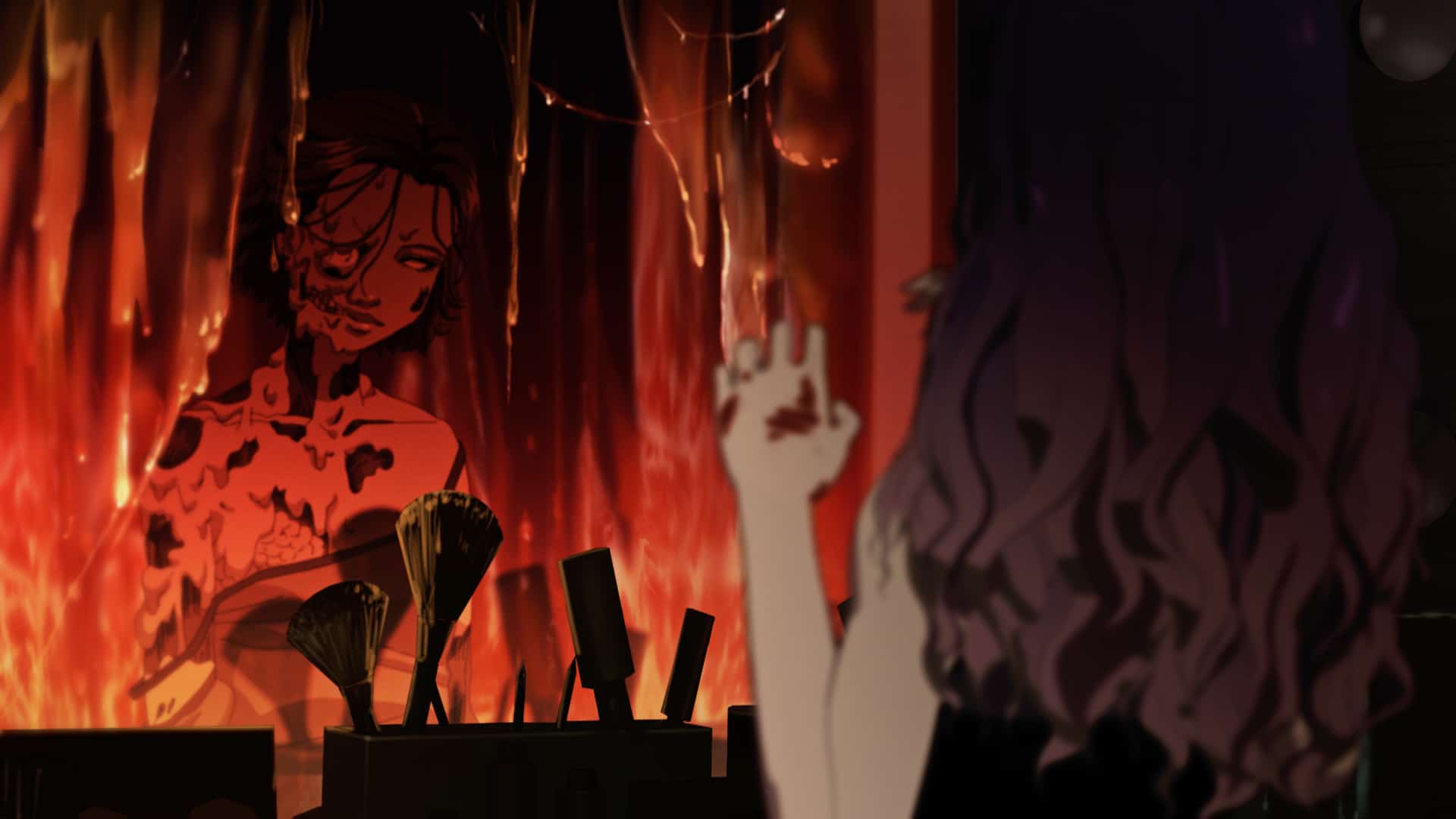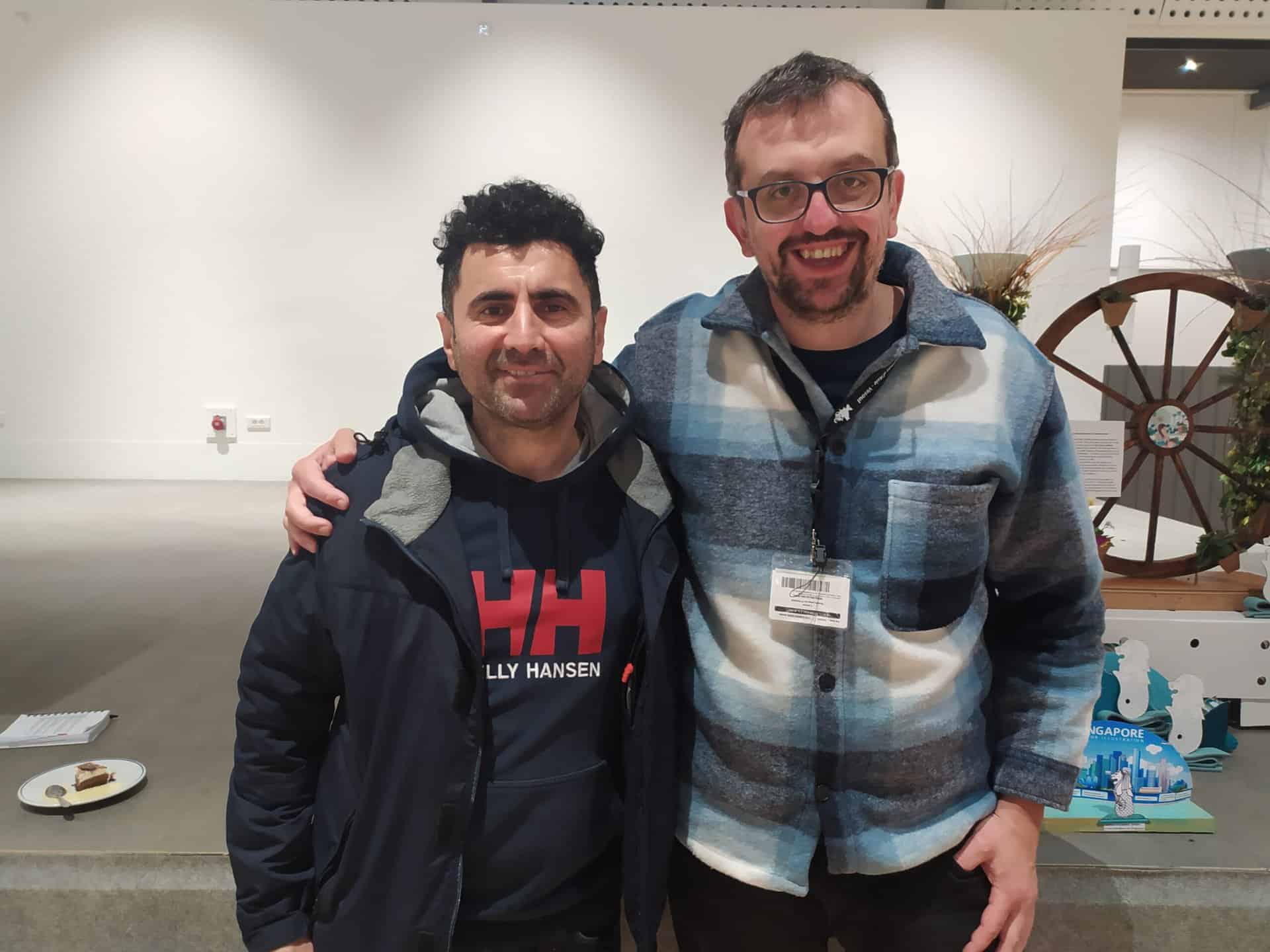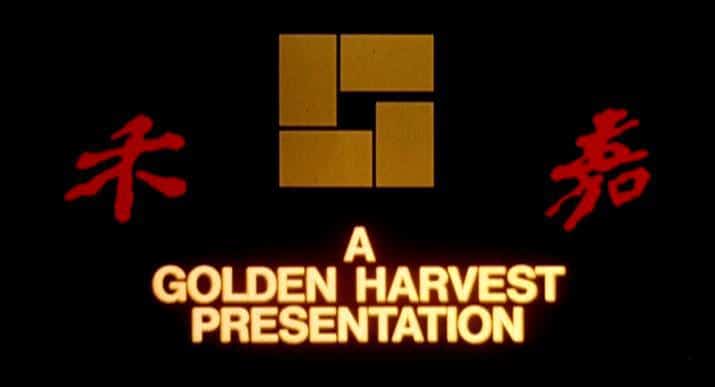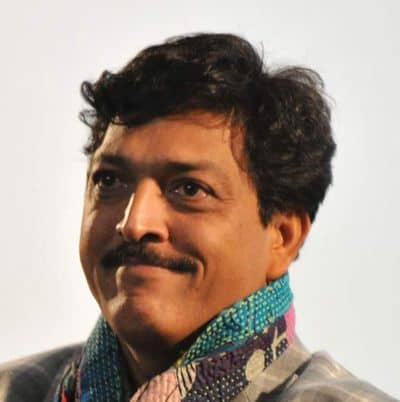
Praveen Morchhale was born in Central India. After few years of making films and theatre working as a director, he achieved recognition with his feature film debut “Barefoot to Goa” (2013). Critics hail him as a new wave Indian cinema filmmaker. He is known for his simple, subtle, poetic cinema. “Walking With The Wind” (2017) was his second film which screened at the competition as Camerimage, Sao Paulo IFF, Friborg IFF, Mumbai Film Fest. His third feature, “Widow of Silence” screened in festivals all over the world and won awards in Kolkata, London Indian, and Los Angeles Indian festival, among others. “Behind Veils” (Hindi title in India: “Sir Madam Sarpanch”) is his latest work.

Suneel Sajnani was born and raised in India and relocated to the United States in the early eighties to pursue his Masters degree. He is an IT Executive and has worked for major multinational corporations in the US including Twentieth Century FOX studios. His love for films was inspired by his daughter, Ariana, who is a trained method actor. Under the banner “SunCal Productions International” he has produced “Behind Veils” (Hindi title in India:“Sir Madam Sarpanch”) , a paradoxical satire filmed in India. This film recently won the INALCO Jury Award for best film at the 29th International Film Festival of Asian Cinema in Vesoul, France.

Dr. Calli Planakis-Sajnani PhD, is first generation Greek-American. She is a public health researcher and sought-after public speaker. She focuses on projects that facilitate the creation of community-provided welfare systems. Her PhD dissertation involved conducting a study to test the feasibility of “Time Banks as Aging -in-Place Initiatives. Prior to this, she completed her M.B.A and began her career on Wall Street, New York working in various financial institutions. She is passionate when it comes to watching films-especially international- and reading classic novels.

Ariana Sajnani, who plays the leading role of “Ana” in “Behind Veils” (Hindi title in India: “Sir Madam Sarpanch”) has just wrapped up a play at the prestigious Prithvi Theater in Mumbai. Previously, she appeared in several episodes of Sony Liv Television, “Partners”. Ariana co-produced several music videos and the music video from her previous single (“Lesson Learned”) aired on VH1 Soundnation in October 2022. She is a graduate of The Actors Studio three-year MFA program at Pace University, New York; Whistling Woods International Limited two year film studies program (Mumbai) and California State University Northridge four-year theater program (Los Angeles). Also, she is trained in improvisation from The Groundlings School in Los Angeles. Ariana's list of specific theater, film credits and other skills can be found at: www.ariana-sajnani.com
On the occasion of “Behind Veils” (Hindi title in India: “Sir Madam Sarpanch”) screening at FICA Vesoul, where it won the INALCO Jury Award for best film, we sat with all four of them to talk in detail about how the film came to be, their collaboration, satire in cinema, politics and many other topics.
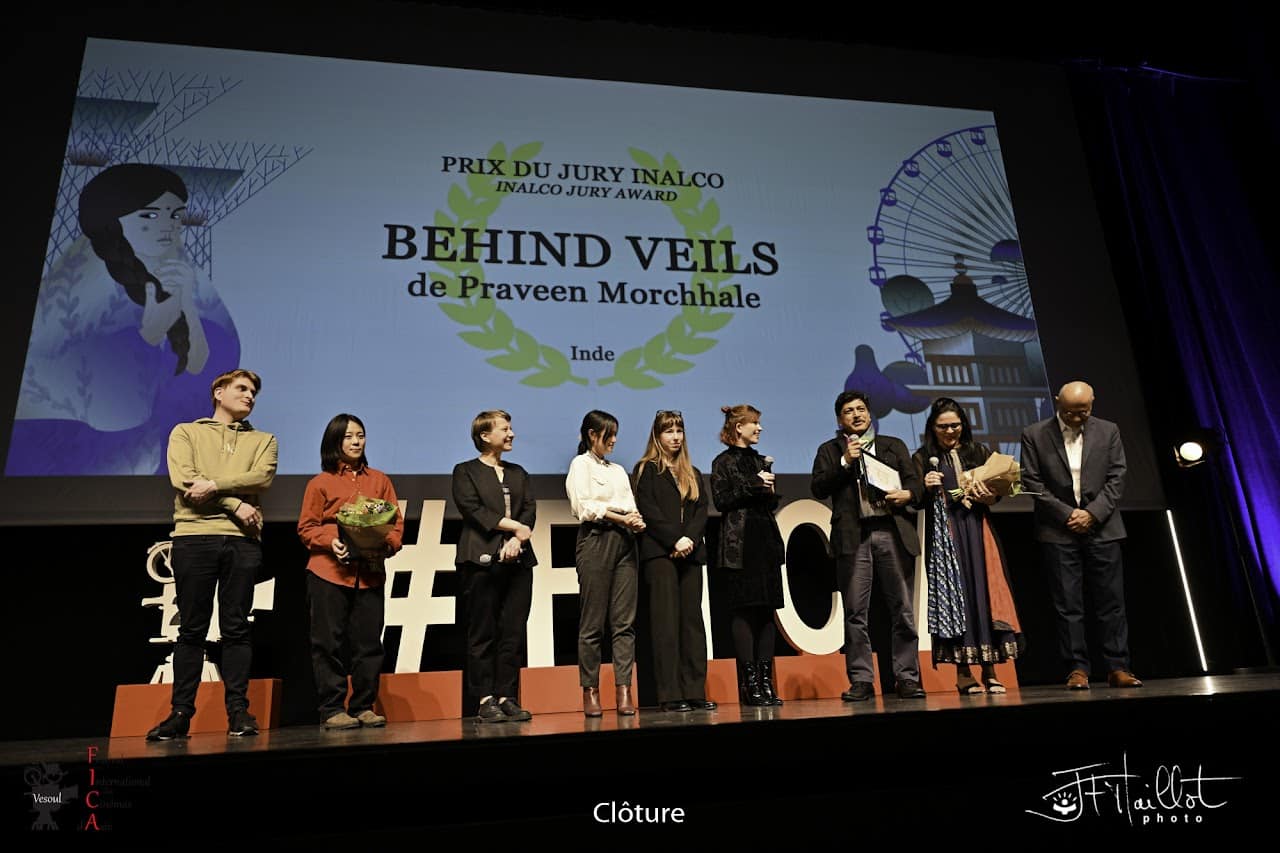
Tell me a bit about how this trip started for you. You are a first time producer and your wife is also involved in the production and your daughter, Ariana Sajnaji is the protagonist, so how did that come to be?
Suneel Sajnani: We know Praveen Ji through our family contacts. We are familiar with all of his impressive works. During one of our meetings, we discussed, at a very high level, some ideas he had for this project. Details were worked out after he completed writing the script. I knew we would have a good partnership. There was a meeting of the minds. Even though this was the first time we would be producing a film, we had no hesitation in moving forward with Praveen.
Dr. Calli Planakis-Sajnani (Calli): Before we decide to become involved in any type of relationship (personal or business) we have to trust each other. If we don't, nothing is happening. We trust Praveen Ji as a person and as a visionary director. We believe in his vision which is revealed through his past writing, producing and directing efforts. He has an excellent track record.
How did the funding work for the movie?
Suneel: The funding came from family savings.
Calli: We joke about it but in reality, it's a half truth when we say funding for this film is coming from money we have set aside for Ariana's family inheritance and possible future wedding expenses. This is how Ariana wanted this money spent.
Ariana Sajnani: I am married to my work.
Can you tell me a bit about the inspiration behind the story?
Praveen Morchhale: This film depicts a composite of real life, absurd events, occurring on a daily basis throughout India. For example, there are many cases of Indian women who leave India to study abroad. Upon achieving professional success, they return to India and run in elections at a village level and then go on to become a Sarpanch or village head, and they are changing things. This is very interesting to me. Weaving these types of stories together, which incorporated a village environment operating within a world dominated by mobile phone and social media, was a challenge. As these elements of the film started coming together, I explored the idea of having the plot revolve around one of these educated women returning to India wanting to build a library to help the villagers. This noble act of coming back home to help one's community is based upon real incidents. This is where the conflict comes in as Ana, the main protagonist, has to battle oppressive societal norms as she tries to do good. Soon we realized we were moving into the territory of legitimate social criticism as we exposed these oppressive societal norms. When the idea came of building the library, we thought, let's not make it a serious film because this could turn into a film that is telling very forcefully, “this is right and this is wrong”. I don't like to force my opinions on others through my films. I prefer to present stories and let the viewers reach their own conclusions. I thought, let's be neutral and make the film more entertaining, more satirical. During the same time, we exposed common practices involving some people in positions of power. It's up to the viewer to determine if what they see is dishonest or possibly illegal. We just present actions taking place- actions which are considered social norms in many villages.
Calli: Praveen Ji is a good observer and listener. He has his own opinions about what he sees happening around the world. When writing and shooting a film, he keeps these opinions to himself. Through his stories he encourages viewers to come up with their own points of view on issues. The way I see it, this is a safe strategy to employ in filmmaking when you are living in any society where it is easy to be labeled politically-incorrect or unpatriotic or extremist and have to suffer personal and professional consequences. You want your future audience to be able to have access to your film.
Ariana: With regards to the storyline, I was drawn to the film's theme that women can come together to fight corruption. They can become catalysts for change.
Calli: From a business standpoint, Praveen Ji makes good hiring decisions. We worked with a fantastic cast and crew. He knows what he wants. He makes his job expectations known on the set. Some people feared him, some people loved him, everybody respected him. He led by example. He knows the sacrifice and hard work required from everyone (cast and crew) and he does what it took to set an example of how others should behave on the set. Because you're here, you're on a budget, every day counts, as far as increased expenses are concerned. His film sets operate like a well-oiled machine.
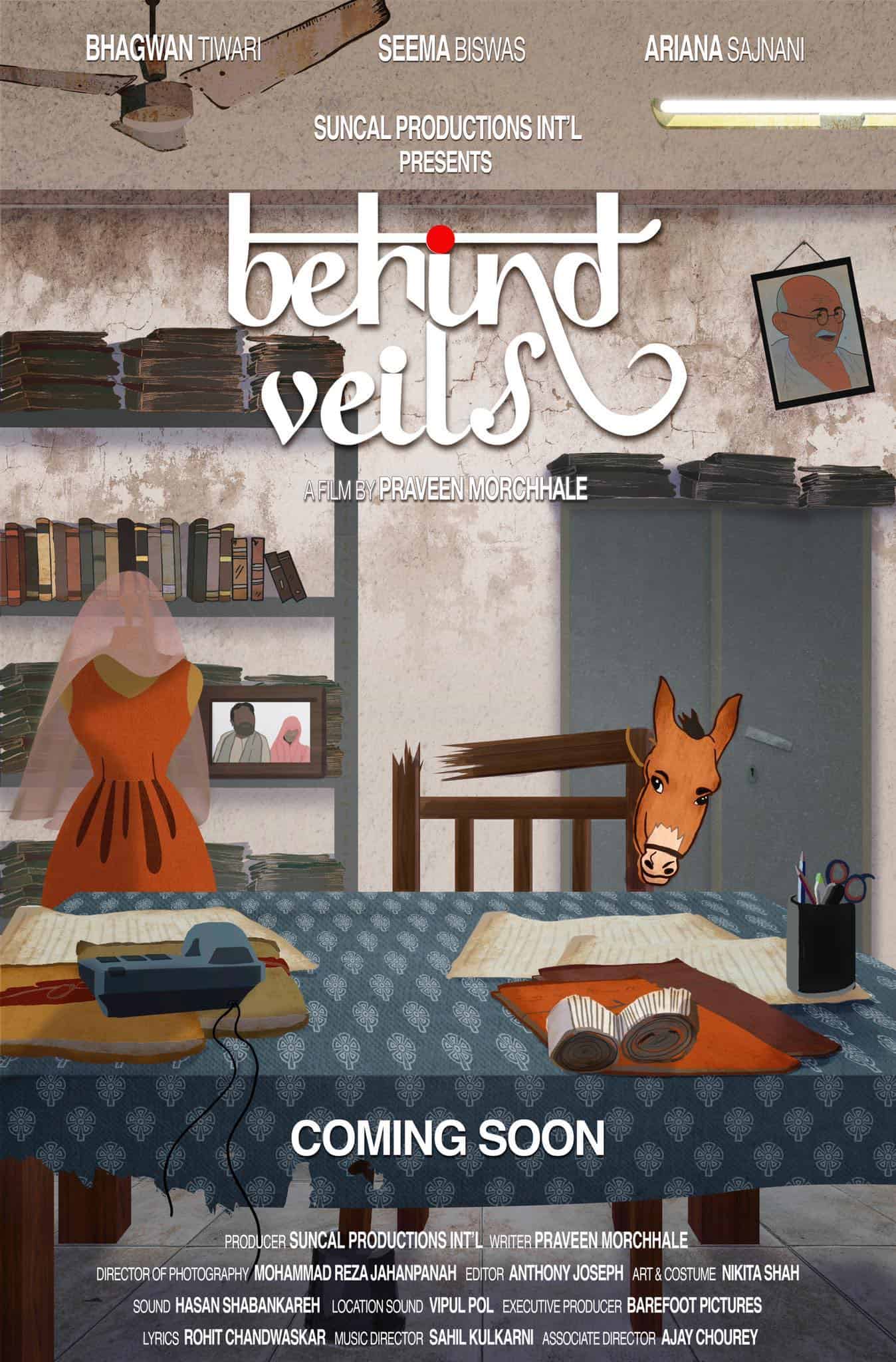
So, you have a side that causes people to fear you?
Praveen: Perhaps… (everybody laughs)
Ariana: Fear was outshined by respect as we got to know Praveen Ji better. He has a very strong work ethic.
Praveen: People generally work for me because they see me in normal situations, and think that it is going to be fun coming to the set. Soon they realize that this guy is fun only after nine o'clock in the evening. Shooting movies is like working on a warship. Everyone on the set is here to do one thing and only one thing- to help the film's scenes get shot. Once we back up everyday, we are fine. But when we are working, everybody has to be 100% on the job. I am a very direct person. I do not sugar coat anything.
Are you happy with your performance in the film?
Ariana: Normally, it is difficult watching myself on the screen because I always catch things I wish I could have done better in the film. I prefer watching the audience's reactions to my work. However, after watching my performance in this film, I am happy with it. This was my first full length feature film completed entirely in Hindi so I wanted to see how I did with my pronunciations. With Praveen Ji's direction, I entered unchartered territory as I had to expand my acting skills. I am accustomed to working in drama productions (theater) where I portrayed strong women who possess dynamic energy. For example, Lady Macbeth in Shakespeare's ‘Macbeth” or Abigail Williams in Arthur Miller's “The Crucible”. I have also worked in musical productions (theater), slapstick Hindi films, television and improvisation. Drama, Musicals, Slapstick and Improvisation comedy are each very demanding performance genres. Now, I was working on a satire, portraying a quiet, determined woman out on a mission. Praveen Ji guided me as I left my comfort zone to portray Ana, a strong woman who has dynamic energy; however her strength is a quiet strength. She has an unwavering resilience and persistent optimism in that she will carry out her father's dying wish to build a library in the village he grew up in. I enjoyed the challenge of portraying Ana. Praveen Ji had an idea of what I was capable of. As a result, he pushed me further than I thought I could go on my own. So yes…I was happy with my performance; however- there is always room for improvement.
Do you allow improvisation or are you strict with your actors?
Praveen: I don't instruct too much. Initially, I only check to make sure the actors understand what is required in the scene and give them the freedom to act accordingly. If I find this approach is working well with a particular actor, then good. If it is not working well, I will try to guide the actor. However, I will not force the actor to perform a scene in a certain way. It is like playing on a football field- if you are playing within the range of the field, I am okay. As long as the atmosphere, tone and mood of the film are maintained by the actors, they have the freedom to improvise a bit in their performances. Everybody has to be in tune with each other when playing a symphony, some notes cannot be played, because then it becomes a cacophony. That is my job, to make sure that the performances in each scene are melodic as they connect with the theme and the genre of the film. Mostly I intervene when I feel the delivery is not matching the dialogue.
Suneel: Praveen Ji “saw” the movie in his head. He had to ensure that the acting and filming worked together to create a cohesive whole. He let the actors improvise up to the point where their acting did not steer the scene in the wrong direction.
Praveen: I felt that the film should be believable, that was a very important thing. It was important that the actor not overact or be overly dramatic because the scene may appear too staged. This would be a problem for me. My films are subtle. Each scene is supposed to be presenting a slice of life. Since this story is grounded in a composite reality incorporating various similar situations, realism must be captured so the performances have to be believable. Each actor's actions, movements, and voice have to be appropriate to the character, plot, and performance style of the film. The viewers will then be able to realize not only can this happen in India, it is happening. The viewers should feel that they are in the village, sitting and observing life there as events occur. The viewers must be able to connect with the characters. That's why everything has to be very natural. There is no drama as such in this film. If you saw my earlier films, there was hardly any drama in them. We just want to realistically present average life in these villages. The viewer takes away what they want from the film.
Would you say reality is funny?
Praveen: Yes, reality can be funny and absurd at times. We tried to portray as realistically and as respectfully as possible details of everyday life in the village we shot in. By doing this, we were able to capture the natural humor present in the villagers' dialogues, actions, interactions, reactions and social norms. Communities throughout the world have their own cultural sensibilities. You can find humor everywhere if you know how to look for it. We intended to make the movie using a satirical approach. The film should make you laugh, but also make you think about what is being presented. This film does more than just entertain the viewer.
Ariana: While watching the global audience reactions to our film when it was screened during the Vesoul International Film Festival, I saw and heard everyone laughing. The viewers connected with most of the Indian sensibilities (including dialogue) presented in the film. Some of the social norms presented in the movie are universal so I knew people would relate to these but I was worried about how the audience would connect with certain comments that were made or certain nuances that are common to Indian culture. I think that's the whole point of making films-to make connections. You want people to connect somehow with your film. Only when they connect with the film, can your film make an impact.
Satire, however, is a bit difficult to implement, because one has to really understand what is going on when watching the movie in order to appreciate it. Did you sometimes feel that you might be misunderstood?
Praveen: No, never. The goal was to capture the audience's interest within the first five minutes. We do this in the first scene with the introduction of three colorful characters and their interaction with each other. This initial interaction set the comedic mood of our satire.
And that is why I appreciate Suneel and Calli, because as producers they believed in what we were doing and gave me full freedom to follow my instincts when shooting this film. You have to believe in what you're doing and as a whole team, we believe very strongly that we are making good cinema and the film will be liked by the people.
It is not often that filmmakers present satire in the international arena at film festivals. I think the Finnish filmmaker and screenwriter Aki Kaurismaki is one of the few whom I have seen doing this kind of cinema. I can relate this film a little bit to his minimalistic style by keeping everything simple: create an absurd situation including absurd characters who make absurd comments and then, provide a simple resolution to the conflict. Even in India, I don't think I have seen many satirical films during the last ten years dealing with the political system or maybe the bureaucratic systems. Although there is a place for it, personally, I don't like the simple straightforward way of tackling negative things by writing a screenplay about a situation or condition and then shooting the movie. We have many excellent movies like this in India. I prefer working with humor to expose social or political concerns while allowing the audience to digest the film and come up with their own conclusions.
Calli: Film satires can serve a purpose beyond mere entertainment. Their function becomes more important especially in societies with repressive governments or social norms. In my opinion, film critics can impact the future of satire film demand and supply. One way they can do this is to educate audiences on how to appreciate a satire film as the critics evaluate the film's artistic elements (including genre, camera angles, lighting etc…). Watching satire needs patience and a desire to look more deeply into what a film may be presenting. You can't be reading and sending text messages on your phone while watching a satire. Also, in my opinion, the use of well written subtitles or culturally appropriate, nuanced dubbing can also help viewers better appreciate a satirical film-especially if the film is foreign. It is important that the person working on the subtitles or dubbing understand the cultural sensibilities present in a particular film and knows how to transfer these cultural sensibilities during translations. I believe the use of satire, in all its forms, is declining. The reverse should be happening. As societies move towards repressing certain ideas, it is important to grow the satire genre. Often, satires provide a gateway for people to express opinions that if spoken openly could lead to negative repercussions for individuals. Praveen Ji wrote a great screenplay that bridges the gap between a satire and pure comedy. Everyone who sees this film will walk away with something for the time and money they spend watching it.
Check out the review of the film
Praveen: Film Festivals across the world might be expecting serious films from India which are based on a stereotypical social or economic context including poverty, human suffering, poor waste management etc…but this is only one part of life in India. This stereotypical context can be presented in a variety of ways including the use of humor to create a satire. Many of the excellent films presented at this film festival were dramas, except for “Behind Veils” (Hindi title in India: “Sir Madam Sarpanch”). The audience really enjoyed the film. During the after parties, at 11:00 p.m. people would come up to me asking how the film will be received in India. Their concern told me that they connected with the film.
What do you expect that will happen?
Praveen: I don't know. But certainly, we will have some issues with the Censor Board. But I think we will navigate around these issues because it's a satire. A satire can feel like a slap in the face but it is not a hard slap. Obviously, we are not saying anything directly, therefore I'm sure I will navigate around them.
So in the end of the film there is a change that comes through Ariana's character. Do you think that change will come from an outsider, that it will take an outsider to bring change in Indian society? Or a woman? Is that what you want us to say with the film?
Praveen: In any time in history, people change when somebody else comes in and shows them a different way of doing or seeing things. Otherwise, people are comfortable in their own environment, ecosystem, and their life in general. They start believing that what they are living is the best they could have, until someone comes and gives them a new perspective. Change comes with that perspective. I know some women who are nuclear physicists or engineers or IT specialists and they came back to their villages and started micro level changes, which eventually made their village into a model, a focal point for other people and villages to do the same. This is the way I believe society gradually changes towards the better.
In India, we are changing, but not always for the better. I think we are worse off than what we were 20 years ago; crime has increased much. One thing that has changed for the better, however, is the education level of women, as many have started going to college. Even this, though, has not touched the remaining sublayers of the social system. For example, there are cases where families of highly educated women still have to give a dowry to the groom's family when they get married. Legislation sought to eliminate the dowry system; however. social norms ensure its survival. I think education will gradually change the whole system, but it will take time.
Ariana: Ana introduces a conflict in the story and as she attempts to accomplish her goal, we see the impact on the village of westernization, modernization, and globalization. Change comes through my character in the film as Ana has been impacted by westernization during her time studying abroad in the U.S. However, change is also promoted by modernization (including technology and social media) and globalization (multi-national corporations, rural tourism etc…) so it is not just one factor at play in this village which promotes change.
Calli: Ana, who studied in the U.S. has been impacted by westernization. She comes to the village and asks “how and why has this person taken over my father's land?”. Her young cousin Chutki -whose mind has already been influenced by modernization and globalization through social media- asks Ana why she can't be more forceful like the Americans when it comes to making things happen. Why can't Ana try to take her land back and build the library? While they are bathing the buffalo, Chutki asks Ana if she learned anything about making things happen while she was studying in America. Furthermore, Ana is vocalizing what people in the village may have been thinking, especially the women, especially the educated women. Some of the villagers may never have thought of taking land back that was stolen from them or opening a library. It never would have occurred to them to consider the value of books. Ana's friend Sudha has an engineering degree and although she is the head of the village council, she must follow her husband's orders, both inside and outside of their home. Ana's spirit and attitude has influenced Sudha to take action when she sees the injustice of it all. To Ariana's point, in my opinion, westernization, modernization and globalization ‘grease the wheels' which facilitate change.
Praveen Ji said that everyone will interpret this film differently. Some people I spoke with consider the film feminist. It is about an intergenerational group of women getting together and collaborating to end corruption. They have to stop being quiet, they have to get involved. They have more friends than they realize, but they cannot open their mouths in public because they will get jailed, their kids will get taken away from them, they will disappear, their husbands will disappear. From that perspective, Ana, the outsider, with guidance from her grandmother and support from other family members helped the other women in the village find their voice as they came to understand how strong they could be working together.
Praveen: One more thing I will add is that we are artists, filmmakers, not activists. Our job is to stir the emotions of the audience and then get out. Because the moment we get into the activist mode, we will probably not do justice to the art, maybe it becomes a problem of the film. We want to give a mirror to the public and then get out, because the line of propaganda is very thin.
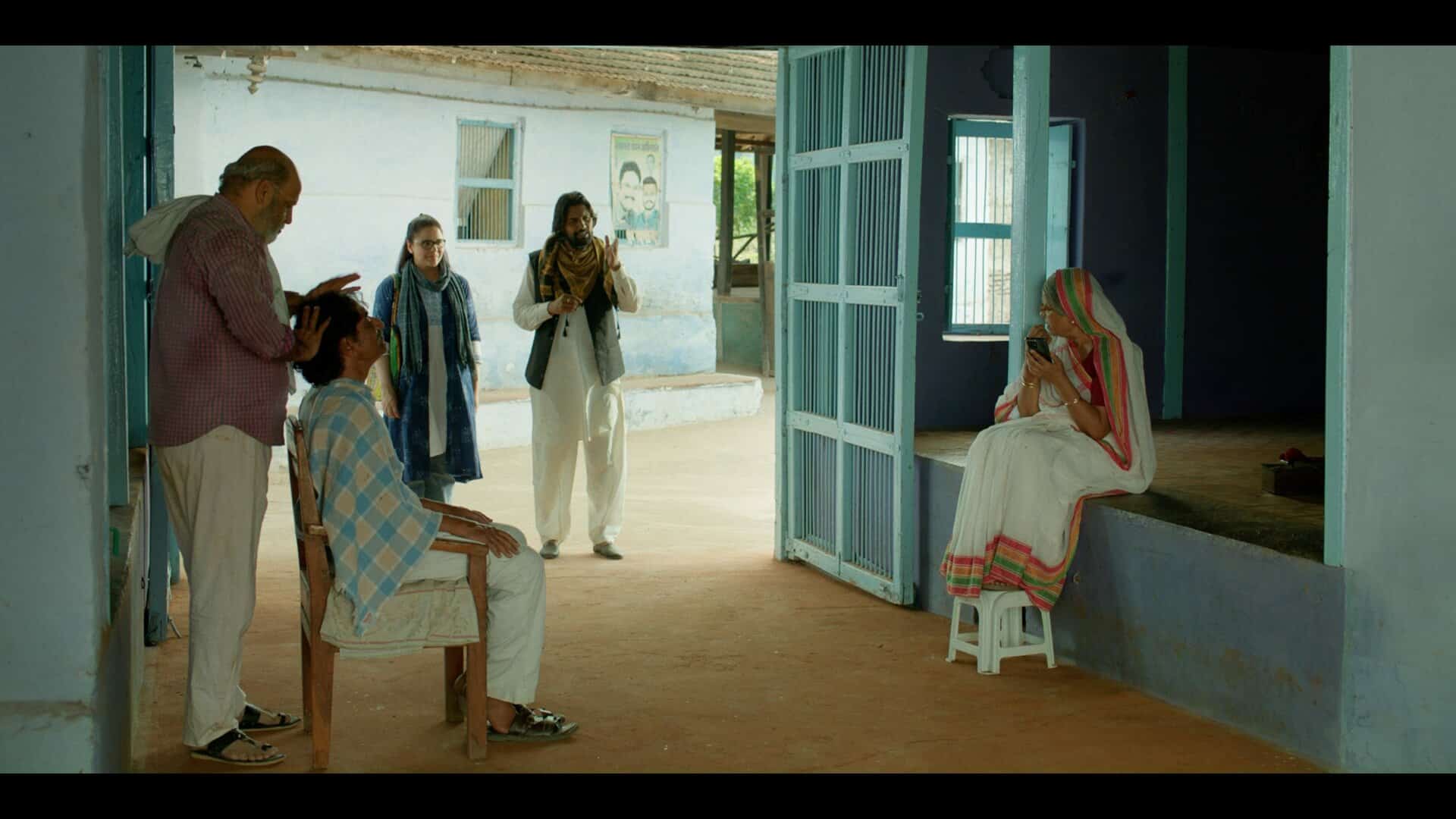
Do you identify with your character? In general, how did you prepare for the role?
Ariana: I identify with Ana. My perspective is that no role should be too easy for you, otherwise you will be playing yourself and that is not what you do as an actor. I had to consider how was I similar to Ana and how was I different from Ana? There should always be layers of the character that you should be trying to find, in the sense that you can relate with them and there should also be differences that will stretch you as you find ways to connect with these differences so you can portray the character with integrity.
I did relate to Ana on various levels. In order to do this, I imagined her backstory in as much detail as possible. I connected with her by acknowledging that we came from similar family structures. I grew up in a bicultural (Greek and Asian Indian) household just as Ana grew up with parents who came from different religious backgrounds; I am considered highly educated like Ana- but in a different subject area; I am in the same age-range as Ana; I am extremely family oriented and finally, I believe strongly in the power of books to change lives. I am different from her in that I can be extremely tenacious in a ‘loud' sort of way. I can be very assertive when I see something wrong. I, Ariana, definitely would not have let some of those administrators get away with saying and doing things they did during my meetings with them as I attempted to get the No Objection Certificates.
So in the end, do you think that cinema can have a real impact?
Praveen: Oh yes, of course I believe cinema can have an impact. This is why I make movies, because I am concerned about what is happening in reality. We question certain things happening on the ground level of society which prompts us to pose questions through our films. I can continue to use my creativity to make an impact through writing poetry or writing books when I am not able to make movies. Political or social repression is not a normal state in nature. If we can present ideas to our audience and then get to a point where our audience starts to question assumptions they have had their entire lives, I believe this would be the biggest achievement of any film. A good film does not push propaganda. It does not tell you what to think, it tells you what to think about. This is what our film does. The rest is up to the audience.


